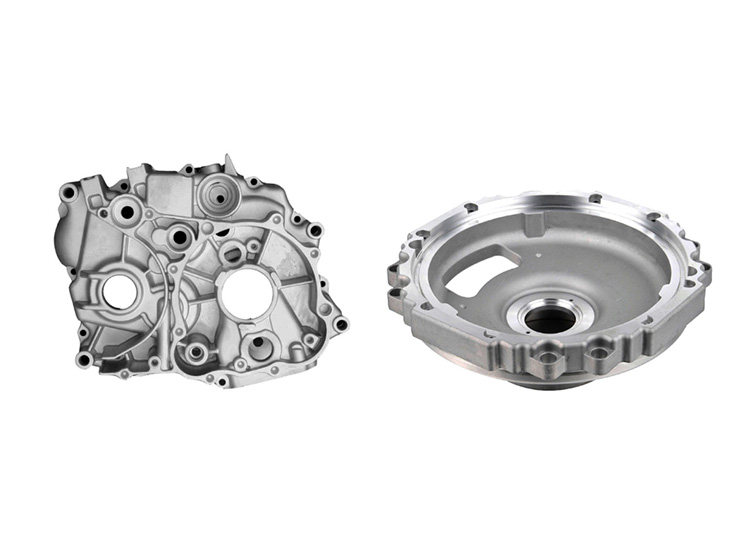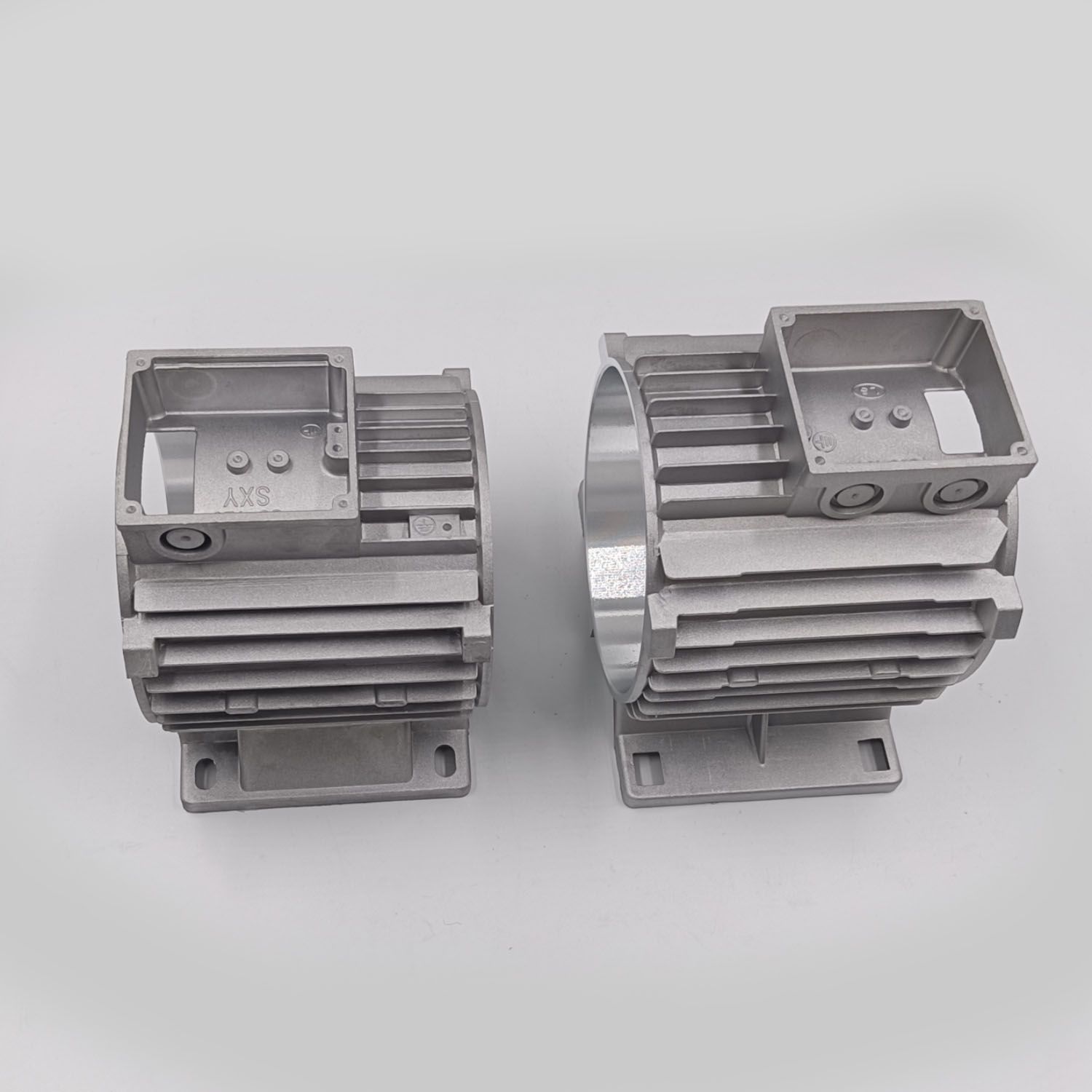About Stahl Specialty Company
About Stahl Specialty Company
Blog Article
The smart Trick of Stahl Specialty Company That Nobody is Discussing
Table of ContentsThe 3-Minute Rule for Stahl Specialty CompanyGet This Report about Stahl Specialty CompanyEverything about Stahl Specialty Company8 Easy Facts About Stahl Specialty Company ShownTop Guidelines Of Stahl Specialty Company
Chemical Comparison of Cast Light weight aluminum Alloys Silicon promotes castability by decreasing the alloy's melting temperature and boosting fluidity during spreading. Furthermore, silicon contributes to the alloy's toughness and use resistance, making it important in applications where resilience is crucial, such as auto components and engine components.It likewise enhances the machinability of the alloy, making it simpler to refine into ended up products. By doing this, iron adds to the general workability of light weight aluminum alloys. Copper increases electric conductivity, making it useful in electrical applications. It likewise enhances corrosion resistance and includes in the alloy's total strength.
Manganese contributes to the strength of aluminum alloys and enhances workability. Magnesium is a lightweight aspect that supplies toughness and influence resistance to light weight aluminum alloys.
Zinc improves the castability of aluminum alloys and helps control the solidification procedure throughout casting. It improves the alloy's strength and hardness.
What Does Stahl Specialty Company Do?
Since aluminum-silicon alloys have good casting residential or commercial properties, high gas homes, easy processes, and outstanding corrosion resistance, aluminum-silicon alloys are most frequently utilized in the die-casting sector in your home and abroad. At the very same time, aluminum-silicon alloys are also reasonably early and commonly recognized alloys created and used in die-casting. After constant research and renovation, the majority of the existing international mainstream aluminum-silicon alloys have actually been finalized and are nothing greater than A356, A360, A380, ADC12, B390, and A413.
The key thermal conductivity, tensile stamina, return stamina, and prolongation differ. Among the above alloys, A356 has the highest thermal conductivity, and A380 and ADC12 have the cheapest.

Stahl Specialty Company - Questions
In accuracy casting, 6063 is appropriate for applications where detailed geometries and top article premium surface area coatings are critical. Instances consist of telecommunication units, where the alloy's exceptional formability enables streamlined and aesthetically pleasing styles while keeping structural stability. In a similar way, in the Lighting Solutions industry, precision-cast 6063 elements produce classy and efficient illumination fixtures that need detailed forms and good thermal performance.
(https://pinshape.com/users/7350411-stahlspecialc#prints-tab-open)
It results in a better surface finish and far better rust resistance in A360. In addition, the A360 displays superior prolongation, making it optimal for complicated and thin-walled parts. In accuracy casting applications, A360 is fit for markets such as Customer Electronics, Telecommunication, and Power Devices. Aluminum Castings. Its enhanced fluidness enables complex, high-precision components like mobile phone casings and communication tool housings.

In accuracy casting, light weight aluminum 413 shines in the Customer Electronic Devices and Power Tools sectors. This alloy's superior rust resistance makes it an outstanding option for exterior applications, making sure long-lasting, resilient items in the mentioned markets.
All about Stahl Specialty Company
As soon as you have made a decision that the light weight aluminum pass away casting process appropriates for your project, a critical next step is picking the most appropriate alloy. The aluminum alloy you select will significantly influence both the spreading procedure and the properties of the end product. Due to this, you must make your decision carefully and take an informed approach.
Determining the most suitable light weight aluminum alloy for your application will certainly imply weighing a wide selection of features. These relative alloy qualities follow the North American Pass Away Spreading Association's standards, and we have actually split them into two classifications. Casting Foundry. The very first category addresses alloy qualities that affect the manufacturing process. The second covers qualities influencing the homes of the end product.
The alloy you choose for die casting straight affects numerous aspects of the spreading procedure, like how very easy the alloy is to work with and if it is susceptible to casting defects. Hot cracking, also referred to as solidification fracturing, is a common die spreading defect for light weight aluminum alloys that can cause internal or surface-level splits or splits.
The Basic Principles Of Stahl Specialty Company
Certain light weight aluminum alloys are a lot more prone to warm breaking than others, and your selection must consider this. Another common defect discovered in the die spreading of aluminum is pass away soldering, which is when the cast adheres to the die walls and makes ejection hard. It can harm both the actors and the die, so you ought to search for alloys with high anti-soldering homes.
Corrosion resistance, which is already a notable feature of aluminum, can differ considerably from alloy to alloy and is an important characteristic to consider depending upon the environmental conditions your product will be exposed to. Put on resistance is an additional residential property commonly looked for in aluminum items and can differentiate some alloys.
Report this page